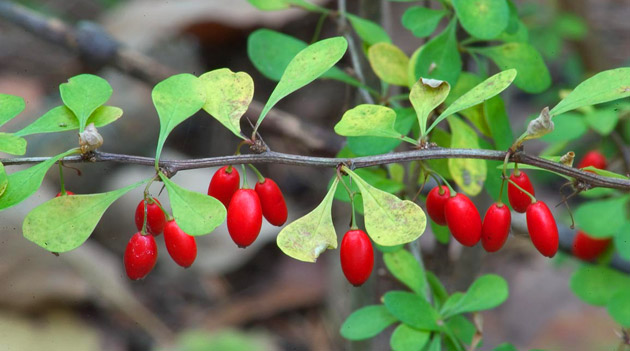In the hands of caring gardeners, berry bushes can become a real decoration of the site. With love, grown fruits will delight you with a delicious harvest throughout the season.
Table of contents
Fruit trees and berry bushes for the garden
Arrangement of the garden area is not complete without fruit shrubs and trees. In the garden with beautiful landscape design there should be a place for berry bushes: raspberries, gooseberries, currants, sea buckthorn, honeysuckle, blackberries, blueberries, shadberries. We offer you an overview of the most popular shrubs.
Raspberries
Surely you have heard about the wonderful raspberry properties. It is difficult to imagine that raspberry bushes used to grow exclusively in the forests. And only a few centuries later it began to breed in the garden plots. Raspberry has a lot of advantages, it is simply necessary in the garden. Shrubs, depending on the variety, have red berries, less often yellow and purple-black.
Raspberry species
- Traditional varieties of early, middle and late maturation. Adapt to any conditions. The disadvantage is low yield.
- Large fruits are considered high-yielding. Allowed to grow berries weighing up to 12 grams each.
- The most popular are remontants. Fruiting begin in the first year.
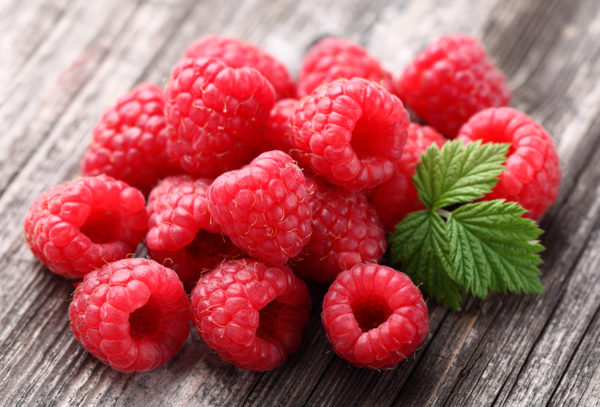
Peculiarities of care
Berry shrub requires regular watering, loosening and fertilizer application. Landing is made in spring or autumn. In winter, the soil around the bush is insulated. In the spring it is necessary to make pruning and garter. All of the above measures will be useless if you do not protect the shrub from diseases.
Gooseberry
Gooseberries are often called northern grapes or Russian cherry plum. Unpretentious culture gives good yields. Bushes feel great on the lit areas. They are afraid of the shadows and waterlogging. You can find gooseberries in almost all regions. Bushes begin to bear fruit from the third year. Berries can be green, yellow or reddish brown. At least 1500 varieties are counted.
Gooseberry Varieties
- European varieties - praise for high taste. The disadvantage is the instability to diseases and frosts.
- American - are not afraid of drought, give a good harvest. Largest berries are inferior to European varieties.
- Hybrid - combine in themselves all the best. On the garden plots are considered the most common.
Peculiarities of care
Gooseberry does not tolerate acidic soil, it is recommended to add garden compost, lime to the trench for planting. Planted bushes in September. When spring planting plant may die. Old and dry branches must be trimmed. Collect gooseberry berries as they ripen. Because of the thorns on the branches to do it better with gloves.
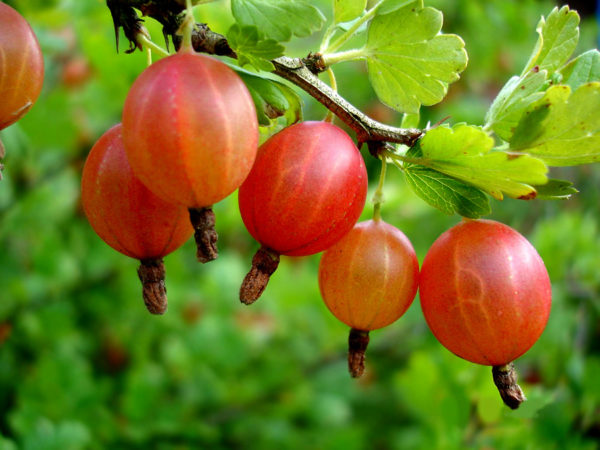
Blackberry
By healing properties and taste, she surpassed raspberries. The shrub with a perennial rhizome was not in demand because of the sharp thorns. However, thanks to breeders appeared varieties without thorns. It has external similarity with raspberries of black color. It tastes sour.
Blackberry species
- Straight BlackBerry - considered the most common. Bushes give a good harvest and save space on the site.
- Semi-vegetative varieties are extremely rare. Experienced gardeners recommend planting this particular variety.
- Blackberry Repairman - allows you to collect 2 harvests for the season: June, August.
Peculiarities of care
A rich crop gives on well-fed land.In straight-growing varieties need to tie up young stems. Blackberry planting is carried out in a trench strictly along the line, otherwise it may be difficult to care. During the fruiting period, the bushes need to be watered abundantly.
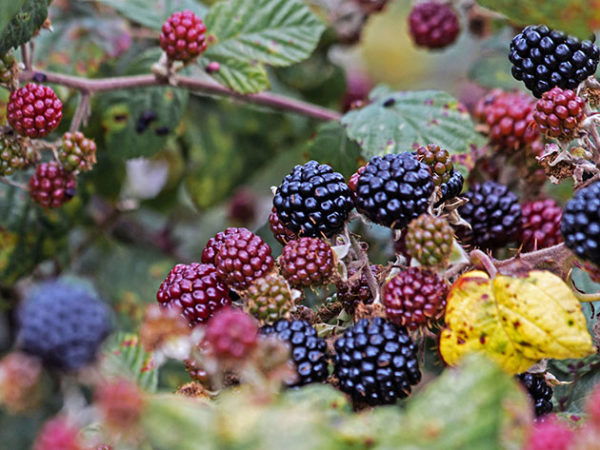
Honeysuckle
Edible varieties of honeysuckle in the people are often called "rejuvenating berries." The name did not appear by chance, because the berries contain an element of youth - selenium. Shrubs bloom beautifully, so they are often used for decorative purposes. However, to a large extent, the berry is valued as a useful storehouse of vitamins.
Honeysuckle species
- Long honeysuckle - sredneroslye bushes differ cylindrical shape of berries.
- Hybrid varieties - bred by breeding by crossing varieties of berries.
- Middle-late varieties - allow you to get honeysuckle crop until late autumn.
Peculiarities of care
Shrubs do not tolerate shade. When choosing a place for landing it is better to give preference to sunny places. Suitable for planting, both in autumn and spring. In spring, this should be done before the growing season.Honeysuckle grows slowly, so that the bush is rooted and well fruited, it is fed.
Shrubs aged 6-8 years require sanitary pruning. Need to remove dried branches. Young shoots do not need to be cut.
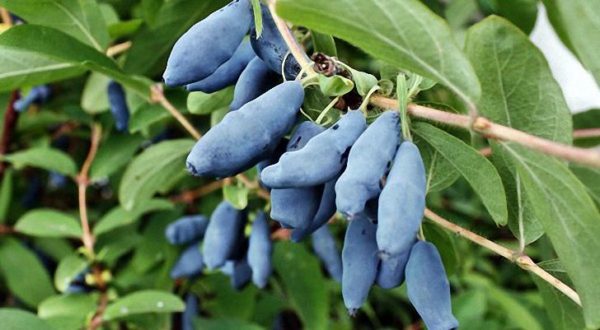
Currant
Perennial currant bushes can be found in gardens and forest plantations. Berries are famous for taste and beneficial properties. Unpretentious care bushes allow you to collect rich harvests. To select one single variety for the site is almost impossible. The best option would be the cultivation of several species. Seedlings adequately overcome the harsh cataclysms of nature in a cold winter.
Currant Varieties
- Black currant of early, middle and late maturity. The most popular are large-fruited varieties.
- Red currant - differs more weighty clusters. Shrubs can grow without a transplant of up to 20 years.
- White currant - variety to taste and benefit is not inferior to red.
- Hybrid varieties - bred by breeding varieties of gooseberry and currant.
Peculiarities of care
Gives a good harvest in drained soil. Can not be planted in an acidic environment.During the growing season requires loosening of the soil. Do not allow the soil to dry out, in dry weather it is necessary to ensure watering.
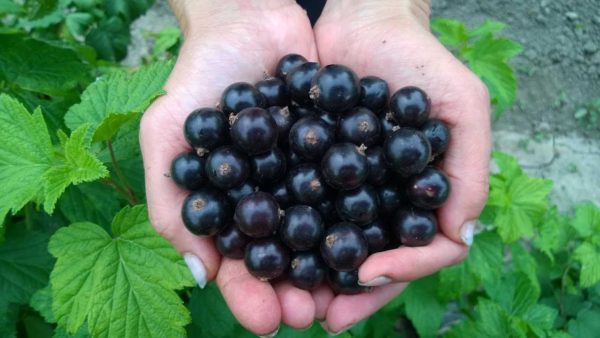
Blueberry
In many regions, it is considered a rare growing berry. More often it can be found in the wild. Among gardeners, there is a growing interest in growing promising varieties on their plots. With proper care, you can have a good harvest of useful berries.
Blueberry Varieties
- Tall varieties - feel good as a hedge. The bushes are branched, the berries have an intense, blue or blue color.
- Low-growing blueberries - blooms luxuriantly in spring, pleases with excellent yields and trim bushes.
- Southern varieties - were eaten by hybridization for growing in arid climate.
Peculiarities of care
At home, it is better to grow not wild, but more adapted cultivated varieties. Shrubs well take root, regardless of the method of planting seeds or dividing the bush. Pruning is carried out on adult bushes, starting from 5-6 years of life of the plant.
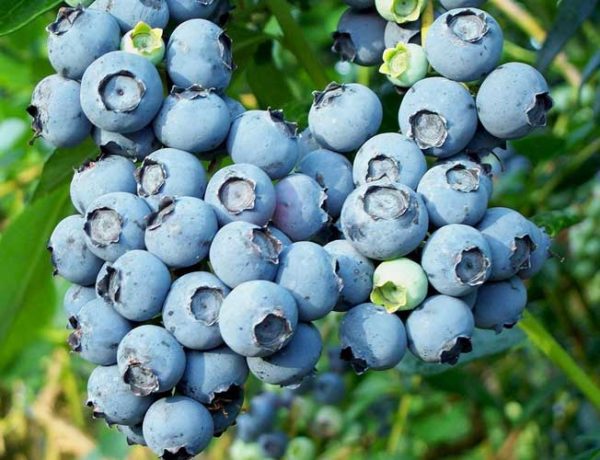
Sea buckthorn
Sea-buckthorn bushes can be found near water bodies, which is why they are often called “sea thorn”. Experienced gardeners succeed in growing it in their plots. The use of berries is very wide, they are mainly used for medicinal purposes. Especially valuable is sea buckthorn oil.
Sea buckthorn species
- Early, medium and late ripening - garden buckthorn varieties.
- Botanical variety - practically has no spines.
- Large-fruited varieties - sweeter in taste, do not have thorns.
Peculiarities of care
The bush will bear fruit if a male and a sea buckthorn specimen is planted next to it.. For the winter, it requires shelter for the soil; it tolerates severe frosts very poorly. Pruning is carried out in the spring. Bush age 8-12 years requires rejuvenation under the stump. Watering the plant is not necessary, except in a drought.
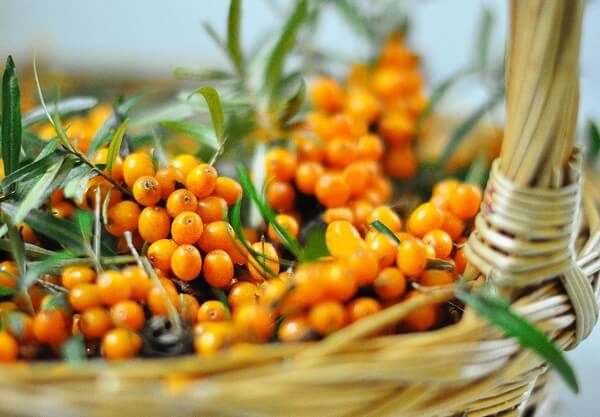
Irga
A beautiful plant is often used as an ornamental shrub. And only a few know how useful berries grow on it.Having once tasted the irgi berries, the gardener will definitely want to plant a bush in his area. The plant is not only useful, but also winter-hardy, it withstands severe weather conditions.
Varieties irgi
- Redhead Irga is a shrub that abundantly blooms in spring. In autumn, the leaves turn a bright color. Up to 10 kg of berries can be obtained from a plant.
- Canadian shadberry is a tall tree shrub. The berries are fleshy and pleasant to taste.
- Irga is blood-red - slender srednerosly shrub. The berries are very juicy, with a thin delicate skin.
Peculiarities of care
It is considered an unpretentious plant, practically does not require maintenance. Shrubs love abundant watering, especially during the growing season.
Berries attract birds, the crop needs to be cleaned in a timely manner as they ripen.
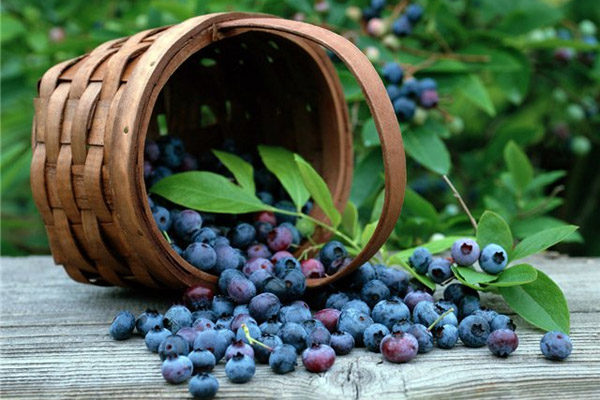
Thanks to the planting of several varieties of shrubs, you can diversify the range of fruit seedlings in the garden. Regarding the choice of plants, it is so great that with confidence something advise will not work. Species and varieties should be selected based on the individual characteristics of the plants.
